31st May 2023
The UK Government recently outlined their priorities for rare disease in 2023.1-3
An estimated 3.5 million people were living with a rare disease in 2021, with 1 in 17 people being affected by a rare disease at some point in their lifetime. Approximately 75% of rare diseases affect children and more than 30% of children with a rare disease die before their fifth birthday. Here, we delve deeper into the Government’s report and highlight the priorities for 2023 and the future.1
England’s 2022 Rare Disease Action Plan
The UK Government provided an update on key achievements of 4 priorities outlined from the 2022 plan. The plan was commissioned with hope that it would bring ‘real change’ on the major challenges faced by people affected by rare conditions. 1,2
Priority 1: helping patients get a final diagnosis faster
The Government outlined its commitment to improving the evidence base to support the UK National Screening Committee (UK NSC). The UK NSC established a new remit and terms of reference which now covers population and targeted new-born screening, and will be developing a more effective horizon scanning function, as well as a mechanism by which it can provide advice to researchers on evidence development. In addition, extensive public engagement is being conducted to support the design of a whole genome sequencing (WGS) research study in the NHS to screen for up to 200 rare genetic conditions in new-borns. These commitments will allow for a faster diagnosis as, along with other initiatives, more information will be available to HCPs when diagnosing a patient with a rare disease.1
Priority 2: increasing awareness of rare diseases among healthcare professionals
The Government commissioned the development and expansion of innovative digital educational resources on rare diseases, which have had strong uptake by healthcare professionals.1
Health Education England (HEE) developed GeNotes, to increase the awareness of genetic and rare diseases amongst healthcare professionals. GeNotes, an online platform, provides resources for HCPs and feedback of results for rare diseases aligned to the National Genomic Test Directory, to support genomic testing. GeNotes also provides educational information at the point of need, with opportunities for extended learning.1,4
Priority 3: better coordination of care
The Government engaged in the creation and rollout of a toolkit for virtual healthcare consultations, to improve care coordination for patients with complex, multi-system rare diseases. A feedback survey has been developed and uptake will be monitored through annual clinical meetings.1
Priority 4: improved access to specialist care, treatment and drugs
During 2022, NHS England (NHSE) developed a map of programmes that promote access to drugs and are actively using a ‘preparedness template’ with industry to develop a shared understanding of the service implications for new drugs, approved by the National Institute for Health and Care Excellence (NICE), so patients benefit as early as possible.1
In June 2022, NHSE and NICE launched the Innovative Medicines Fund (IMF), which fast-tracks the most promising, cutting-edge medicines to NHS patients. Together with the Cancer Drugs Fund it represents a £680 million investment. The IMF provides faster patient access for non-cancer drugs while further data are collected.1
Further advances have also been made by supporting positive measures with the Early Access to Medicines Scheme (EAMS) and the Innovation Accelerator (IA).1
Looking forward to 2023-24
Following on from the 2022 plan, for each of the priorities listed above, the Government has outlined a list of 11 additional actions for 2023-24. Key commitments include:1
- increasing data sharing between NHSE, National Congenital Anomaly and Rare Disease Registration Service (NCARDRS) and Genomics England, benefitting patients by improving our understanding of equity of access to genomic testing and supporting interpretation of genomic test results
- improving the way in which services for rare diseases are commissioned, through ensuring service specifications (defined standards of care) support coordinated access to specialist care, treatment, drugs, social care, mental health and special educational support
- improving the Be Part of Research platform, to make it easier for people living with rare diseases to participate in research, should they choose to do so
- addressing health inequalities for people living with rare diseases by gathering the evidence needed to include rare diseases in NHSE’s Core20PLUS5 framework, and enabling integrated care systems (ICSs) to develop targeted actions to reduce these inequalities
- evaluating the effectiveness of the UK Rare Diseases Framework and England’s Action Plans in making a difference to people living with rare diseases
The commitment made by the government over the coming years is important to promote awareness and initiatives, whilst combatting inequality with respect to identification, diagnosis and treatment of rare diseases. As an agency that specialises in rare diseases and areas of unmet need, we are also committed to raising awareness and reflect the Government’s priorities in all our work. Engage with us and let us collaborate to help make a real change for patients with rare diseases.
References:
- Department of Health & Social Care. England Rare Diseases Action Plan 2023: main report. Accessed via https://www.gov.uk/government/publications/england-rare-diseases-action-plan-2023 on 16 March 2023.
- Department of Health & Social Care. England Rare Diseases Action Plan 2022: main report. Accessed via https://www.gov.uk/government/publications/england-rare-diseases-action-plan-2022 on 16 March 2023.


